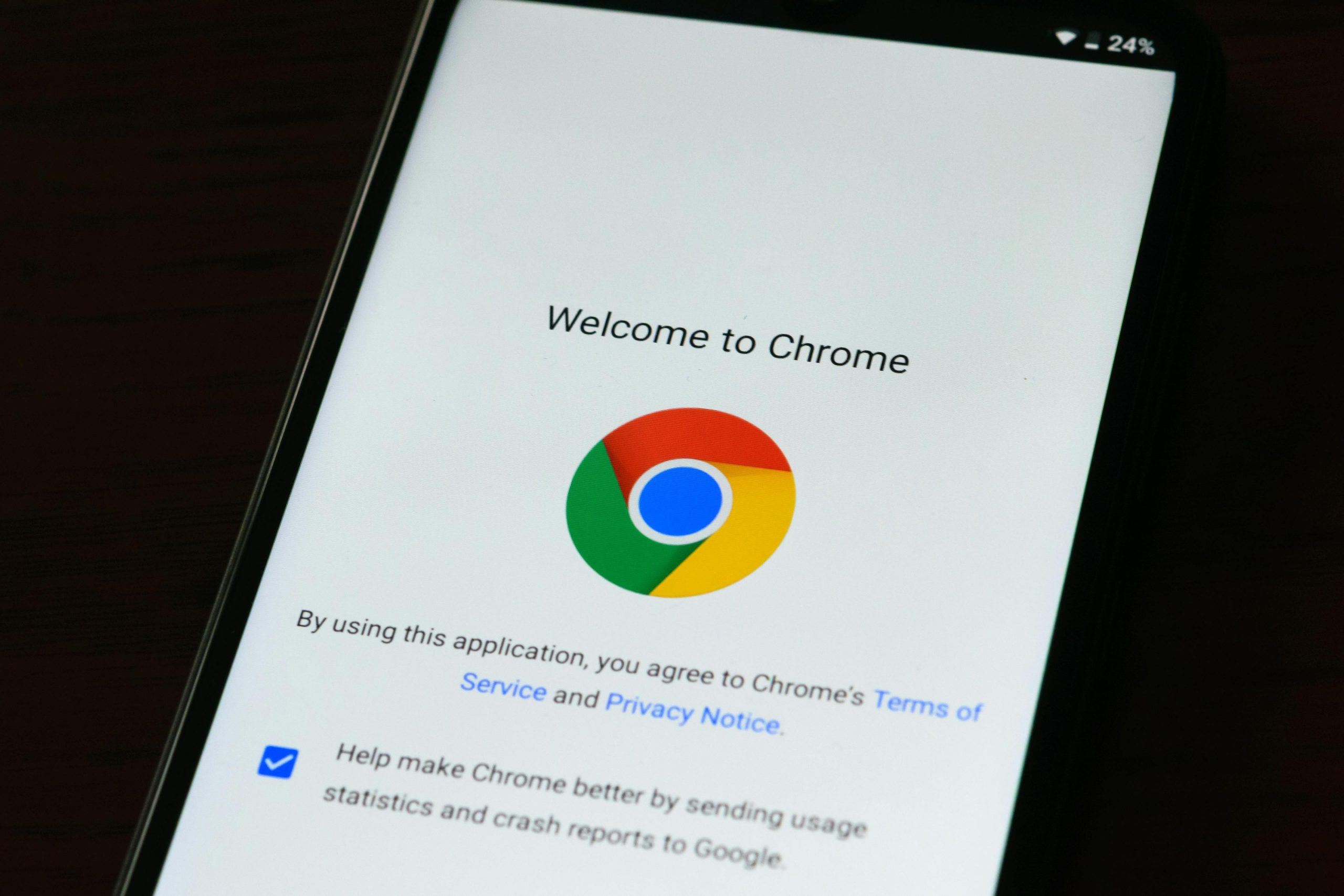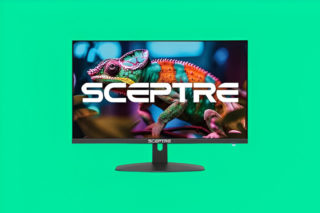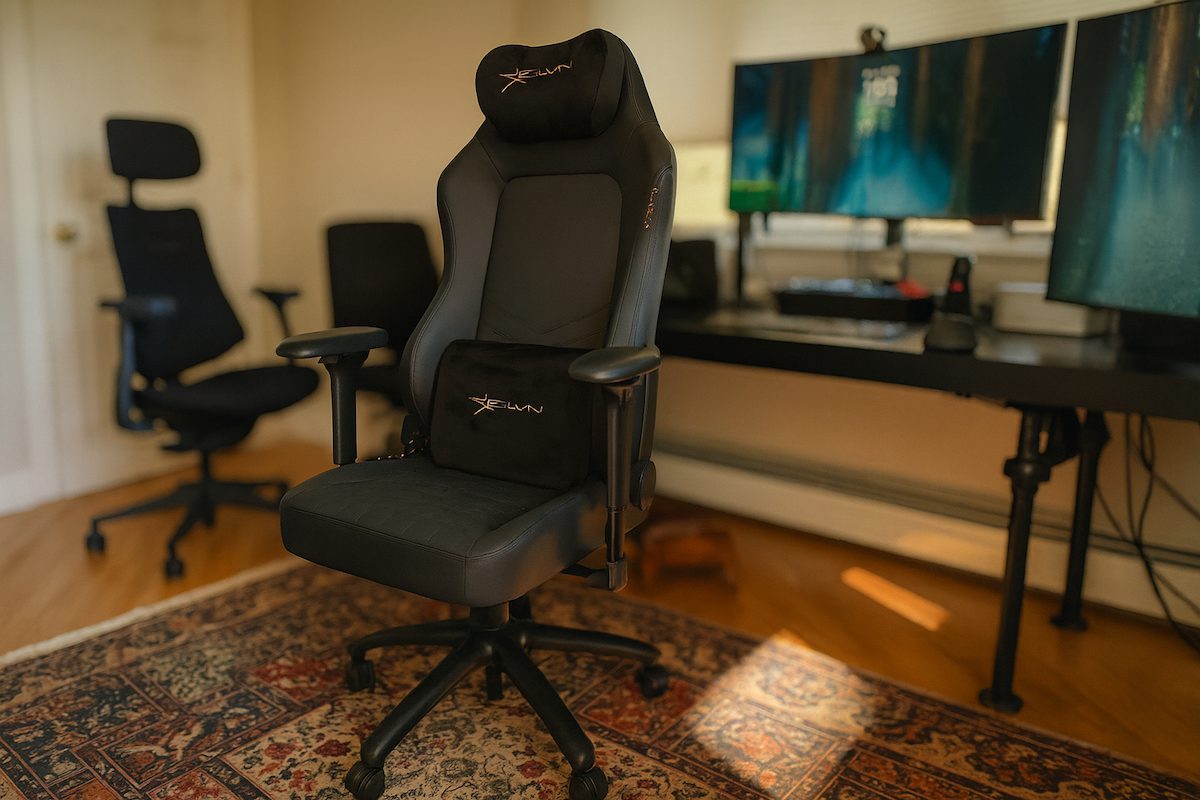The Google Chrome browser just became the center of tech’s wildest acquisition fantasy. Perplexity, the AI search startup valued at a modest $18 billion, formally pitched Google a $34.5 billion offer to buy Chrome—the browser you probably used to read this story. This isn’t venture capital theater or startup posturing for headlines.
According to the Wall Street Journal, Perplexity actually sent the bid to Google, complete with promises of $3 billion in Chrome investments over two years and job offers for existing staff. The company claims large venture-capital funds are ready to back the deal, though “longshot” appears in every report covering this David-meets-Goliath moment. Think of it as the tech equivalent of a college football team challenging the NFL champions—audacious doesn’t begin to cover it.
The Antitrust Angle Makes This Serious
How regulatory pressure transforms impossible deals into potential reality
Here’s why this matters beyond startup swagger: Chrome might actually be for sale. The Department of Justice is deep into remedies proceedings against Google following Judge Amit Mehta’s ruling that the search giant unlawfully monopolized search markets. Among the proposed fixes?
- Forcing Google to divest Chrome entirely
- Severing the browser from Google’s search ecosystem
The court’s decision timeline points to August, meaning Perplexity’s timing aligns suspiciously well with potential regulatory pressure. Google has fought Chrome divestiture proposals tooth and nail, arguing breakups would harm user privacy and innovation. Yet here’s a startup essentially saying, “We’ll take it off your hands.”
Chrome commands over 60% of global browser usage, making it the gateway to the internet for billions. Analysts peg Chrome’s value anywhere from $20 billion to $50 billion, putting Perplexity’s offer in the middle-to-high range despite legitimate questions about the startup’s financing capacity. When your company is valued at $18 billion but you’re bidding nearly double that, the math gets interesting fast.
AI-Native Browsing Gets Real
Why owning Chrome could reshape the entire search landscape
Perplexity isn’t just making headlines—they’re positioning for the post-Google web. The company already launched Comet, an AI-integrated browser designed to compete directly with Chrome’s search-centric model. Owning Chrome would instantly transform Perplexity from search challenger to browser kingmaker, controlling how billions access information daily.
Key deal details:
- $34.5 billion total offer with VC backing claims
- $3 billion Chrome development investment commitment over two years
- Staff retention proposals for Chrome engineering team
- Strategic positioning amid DOJ antitrust remedies
Even OpenAI previously expressed Chrome acquisition interest, according to Bloomberg, suggesting AI companies recognize browsers as the next battlefield for search dominance. Apple reportedly considering similar moves signals major tech giants see AI-powered search as the future. When multiple AI giants eye the same asset, you know something fundamental is shifting in how we’ll interact with information through AI-powered websites.
Whether this ambitious play succeeds depends entirely on forces beyond Perplexity’s control—namely, whether federal judges decide Chrome needs new ownership to restore search competition. Sometimes the biggest tech disruptions come not from innovation labs, but from courtrooms wielding antitrust hammers. Your favorite browser might soon have a very different owner, whether Google likes it or not.






























